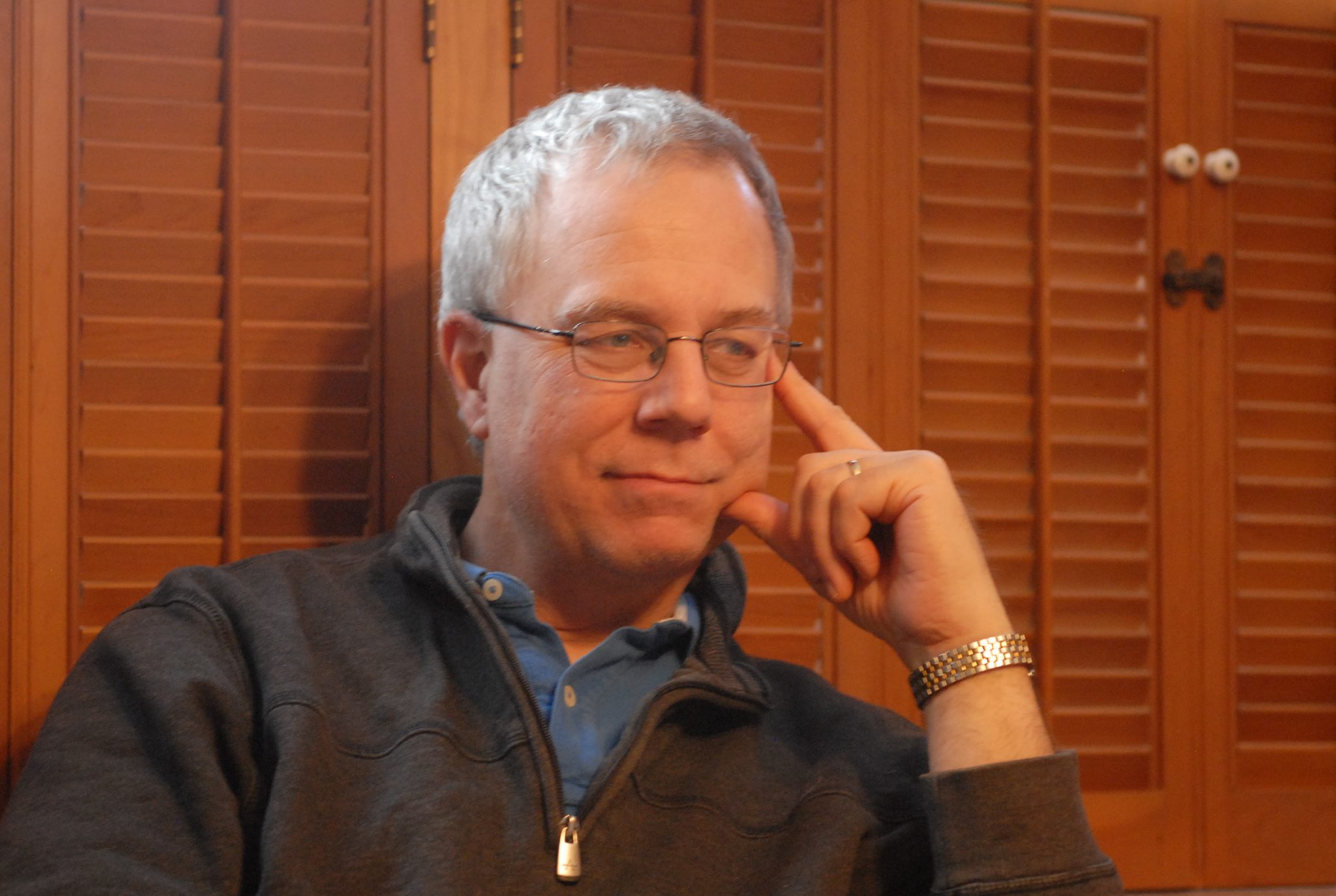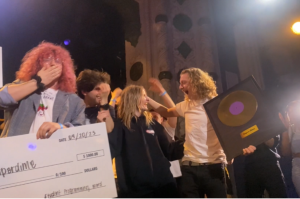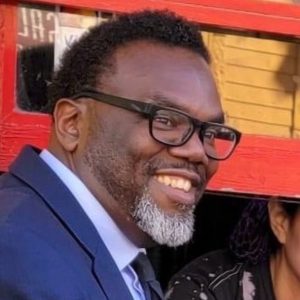Eric Zorn is a columnist for the Chicago Tribune and creator of the Tribune’s first blog, Change of Subject. A University of Michigan graduate, Zorn has been a writer since 1980 and co-wrote the book Murder of Innocence about Laurie Dann, the woman who took a Winnetka elementary school hostage and murdered one boy.
We sat down with Zorn and found out why he got into the journalism business and where he sees the profession heading.
This is a condensed version of a longer interview.
How did you get involved in journalism?
I was in college and I was interested in creative writing. My friend Bruce Weber, who now works for the New York Times, had been working at the Michigan Daily, a student paper in Michigan; he said a good way to practice writing is to work for the Daily.
I started doing entertainment reviews and I was going to concerts and stuff for free. I was having fun doing that and still writing fiction. I planned on going to go to graduate school for fiction writing but I realized it would be hard getting a job in that field, so I sent out clips to 300 papers. I have hardly written fiction since.
What inspired you to pursue journalism as a career?
The Tribune hired me for a three-month internship. I stayed on after that and was put on the Tempo section, which was the all-purpose feature section. I figured I would do that for a while then I would go write my novels, but I really liked the instant gratification of journalism and it was a great life living in Chicago with the freedom to cover what I wanted.
I succeeded quickly enough to where it got difficult to leave. I started finding the real world more interesting than the world of fiction. At the paper I was in the right place at the right time with the older people moving out and the younger people moving in.
I wrote for the Feature section for five years and I needed more experience doing news; at the time I wanted to be a magazine writer. They put me on the news side but at the suburban office. I was annoyed with that but I had a really good time doing it. I covered fires, car accidents, murders, I worked nights and Sundays and did a lot of stuff I did not have experience doing.
The paper liked what I was doing and in 1986 I was given a column spot called “Hometowns,” in which I traveled suburbia looking for human-interest stories.
Who/what inspires you?
All the people who do great writing. I may not be inspired by any one person but just good writing that I read online actually. That inspires me. That keeps me extremely humble
How do you decide on what you are going to write about?
I try to gauge my own reactions to the news. My routine is I get up around 6 and read the papers with a notepad next to me and I try to develop a hair-trigger reaction to what I read because I want my column to reflect what I think about rather than what I think I should be thinking about.
The Tribune almost never tells me what to write. I am supposed to write about what interests me and what I feel. It’s like taking your own temp. all the time; just because something big happens in the news doesn’t mean I have to have an original opinion about it, if I don’t have anything to add I don’t want to write a “me too” column.
I want something that is unique and heartfelt and something that makes a difference. There’s a question of what you want to do and what you have time to do. Basically you have to follow your own compass and what you are honestly reacting to. You may not be saying something original but saying it an original way.
On deadline day, I can have what I think is a great column idea, then I’ll see some other writer will have already said it as well or better than I could. That’s a drawback about writing about the news. There’s times when I publish a column people where will say they read the same thing somewhere else and I will say “yeah, I’m not surprised.”
Journalism, especially when you’re a general assignment reporter, is a constant but interesting challenge. You editor will say “go do this story,” and even if you don’t want to, that’s the job. And it pushes you out of your comfort zone to a place where you really learn things.”
One of the drawbacks of column writing, and there are very few, but it’s not very healthy to write solely about what you’re interested in. It’s hard to find and discover new things.
What is the proudest moment of your career?
I guess the proudest moment of my career was when I wrote a lengthy series of columns about Rolando Cruz, a man on Death Row whom I believed to be innocent of the rape and murder for which he’d been sentenced to die. Ultimately he got a new trial and was acquitted. I was proud of that. I’m also proud to have been one of the first if not the first major media commentator in Chicago to advance the cause of gay marriage.
Where do you think journalism is headed? Is it good or is it bad?
It’s headed online and digital and its very mobile and I think the technology is just going to be increasingly good for info. delivery. I’m not as worried about it because I am 57 years old and I am not counting on writing in 30 years. If I were in my 30s, I’d probably be looking around. A number of my younger colleagues have left, at least in part because they don’t see the same future in newspapers as I saw when I was their age
I have been at the tribune for 30+ years but that just doesn’t happen anymore. I don’t think it is the destination career that it used to be but that’s where it’s going and I hope I’m wrong.
Do you think you will ever stop writing?
My wife doesn’t think so. I am sure I won’t stop writing for publication. I hope I can stay at the Tribune until it’s possible for me to not have the energy anymore. The deadlines weigh on all of us, the deadlines really weigh on us. But I cannot imagine not writing or even writing one a month.
What kind of music do you play?
I’m an old-time string band musician — a fiddler, a banjo player, a guitar player, a mandolin player — and I like traditional folk and old country. I play every day, and at least once a week with other people. There is definitely something complimentary about music and writing. It exercises a different part of your mind.







Be First to Comment